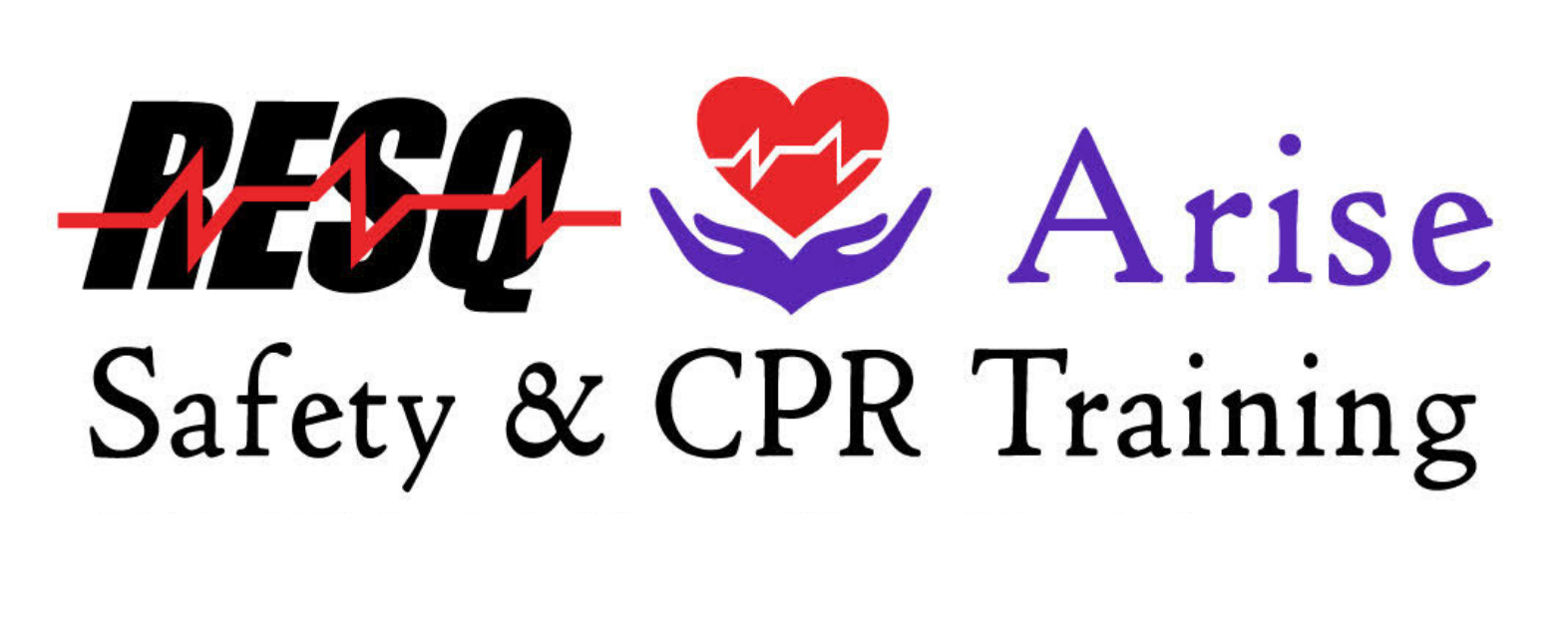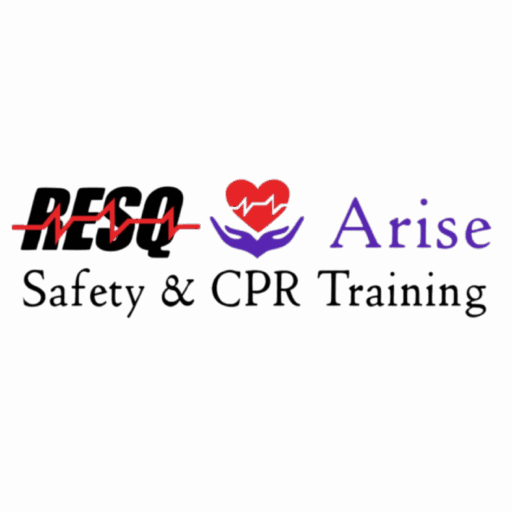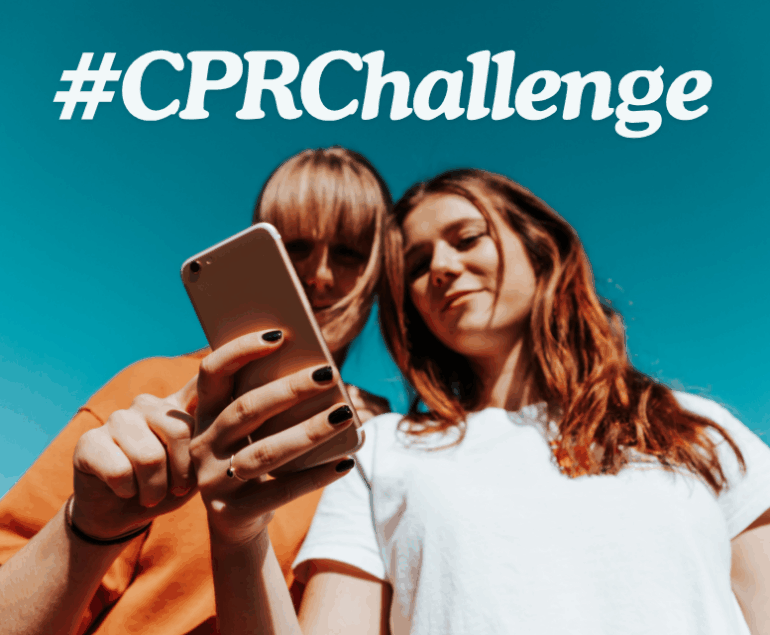How to Prepare for Your ACLS Course: Tips Straight From the Instructors
Taking an Advanced Cardiac Life Support (ACLS) course can feel a little intimidating at first. But don’t worry! With some simple prep, you’ll walk into class feeling confident and ready to crush it.
We asked experienced instructors for their top tips to help you get the most out of your ACLS training. Here’s what they said:
1. Understand What ACLS Really Is
ACLS isn’t just about CPR. It’s about managing serious heart emergencies like cardiac arrest, stroke, and other life-threatening problems. You’ll spend time in the classroom and get hands-on practice too.
2. Brush Up on Your Basic Life Support (BLS) Skills
Before ACLS, you want to be solid on your BLS skills. That means chest compressions, rescue breaths, and using an AED confidently. ACLS builds on these basics, so it’s important to have them down first.
3. Get to Know the ACLS Algorithms
ACLS uses step-by-step guides called algorithms for emergencies. These include the Cardiac Arrest, Bradycardia, and Tachycardia algorithms. Take some time to review them before class. You can find these on the American Heart Association (AHA) website.
Pro tip: Print them out or save them on your phone for quick review.
4. Practice Reading EKG Rhythms
You’ll need to recognize heart rhythms like ventricular fibrillation, asystole, and supraventricular tachycardia. If you’re a bit rusty, don’t stress! Spend some time looking at rhythm strips. There are free online tools that can help you practice.
5. Learn About ACLS Medications
Familiarize yourself with the main drugs used during ACLS — like epinephrine, amiodarone, and atropine. Know what each drug does, when to give it, and the correct doses.
6. Complete the Precourse Self-Assessment
Most ACLS courses ask you to do a self-assessment before class. It helps you spot what you already know and what needs more practice. Don’t skip this step — it’s super helpful!
7. Practice Team Communication
ACLS is all about teamwork. During class, you’ll run mock scenarios where clear, quick communication is key. Try practicing closed-loop communication — that means saying things like, “I’m starting compressions,” or “Epinephrine given.” It keeps everyone on the same page and shows leadership.
8. Use Trusted Study Materials
Stick with official resources from the American Heart Association or your training center. Avoid outdated or unofficial guides — your course will follow the latest AHA guidelines.
9. Get Rested and Ready
ACLS classes are intense. You’ll be learning, practicing, and being tested. So get a good night’s sleep before class. Bring water, snacks, and a notebook to stay sharp and energized.
10. Stay Calm and Ask Questions
Finally, don’t stress if you get stuck. Instructors are there to help you learn. If something isn’t clear, just ask. Everyone was new to ACLS once!
Final Thoughts
Preparing for your ACLS course might take some time, but it’s totally worth it. Brush up on BLS, study those algorithms, and practice your EKGs. With these tips from instructors, you’ll be ready to pass the course — and maybe even save a life one day.
Ready to sign up? You can register for a class here: https://resqtraining.enrollware.com/schedule





